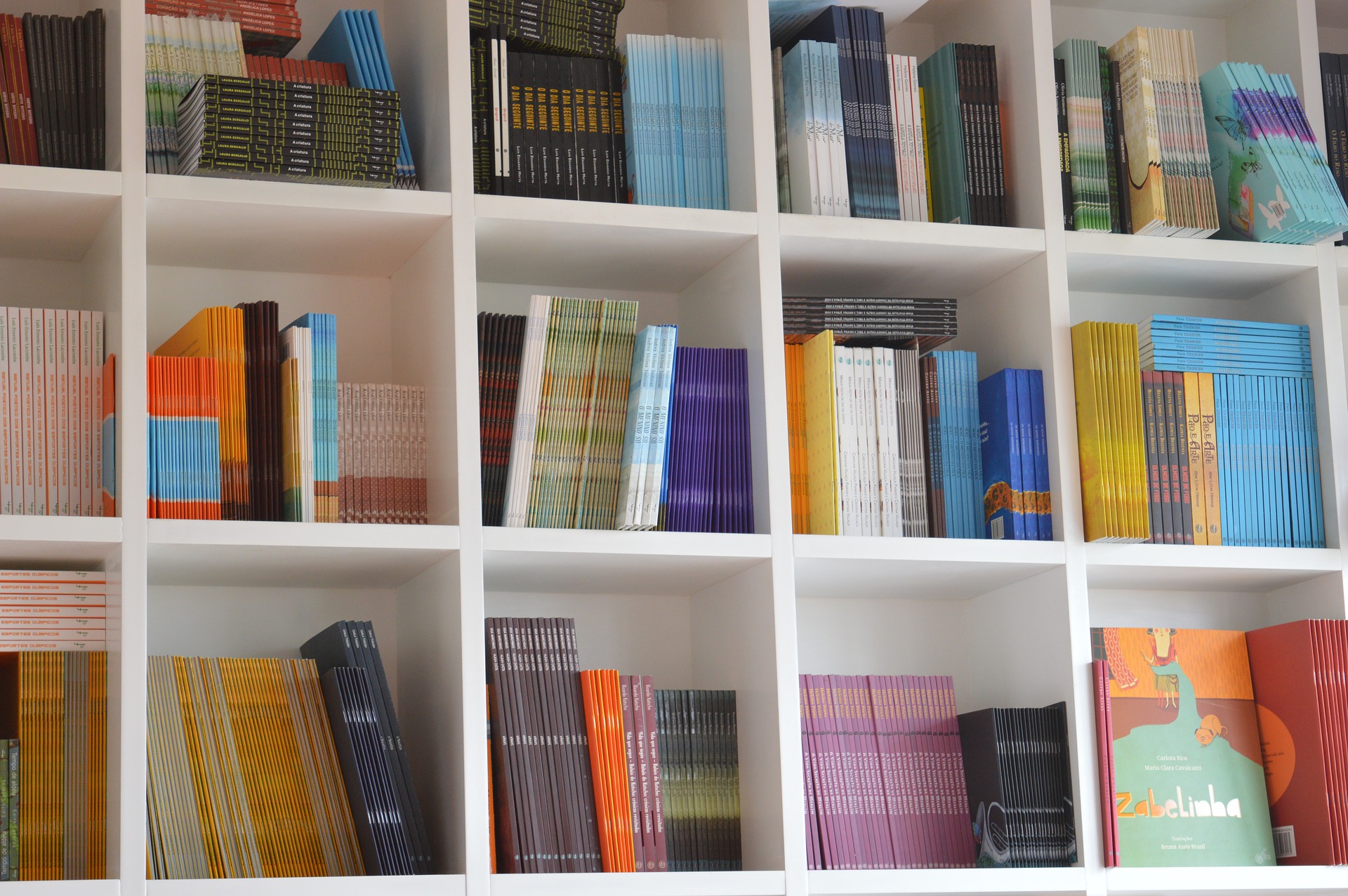New press publishers’ right: Dutch transposition

Our world is digitalizing, meaning that nearly everything can be found on the Internet, such as press publications. This has led to some worrisome consequences for press publishers. The European legislator has created the press publishers’ right to address some of these effects.
Need for press publishers’ rights
The development of our digital era has been affecting our usage, production and distribution of authorized works. Press publications have become widely available on the Internet and, consequently, news aggregators (e.g. Apple News and Google news) and media monitoring services (e.g. Hootsuite and Tailwind) emerged. The reuse of press publications constitutes an important part of news aggregators’ business models and a source of revenue. However, press publishers are not recognised as rightsholders, which complicates licensing and enforcement of their rights. According to the European legislator, the organisational and financial contribution of publishers in producing press publications needs to be recognised to ensure the sustainability of the publishing industry and thereby foster the availability of reliable information.
New press publishers’ right
On 17 April 2019, the European Commission adopted a new Directive on Copyright in the Digital Single Market, introducing the new press publishers’ right in article 15. By 7 June 2021, all Member States have to have implemented the Directive. This right provides press publishers established in a Member State with a neighboring right that allows them to authorize and hence ask royalties from news aggregators when they reproduce and communicate their press publications to the public. Also authors (and perhaps even journalists) of works incorporated in press publications shall receive an appropriate share of revenues that press publishers receive for reproduction and communication of their publications. However, permission is not needed where hyperlinks or very short extracts are used.
The new press publishers’ right has been criticized by various parties. Accordingly, little evidence exists that it will significantly contribute to the financial compensation of press publishers; therefore, it is suggested that other ways to improve press publishers’ position should be investigated (e.g. subsidies or tax facilities). In addition, the experience of Spain and Germany, who have previously introduced similar rights for news publishers, has also shown that news publishers have not been able to monetize this right.
Similar rights in Germany and Spain
Germany (August 2013) and Spain (January 2015) domestically introduced a similar right before. Germany provided producers of newspapers and magazines with the exclusive right to make (parts of) press products available to the public for commercial purposes, as long as it did not consist of very short text extracts. Spain, however, provided news aggregators with the right to make non-significant content available to the public, as long as they pay fair compensation to press publishers. Both rights turned out to be practically ineffective; various German court cases show complications regarding enforcement of this right and, on the other hand, Google responded with the elimination of the Spanish Google News Service in Spain. This proven ineffectiveness gave rise to critical voices regarding new press publishers’ right; the actual practical impact remained undefined.
Dutch Transposition Bill
On 15 May 2020, the Netherlands became the first European Member State to submit a complete transposition bill regarding the Copyright Directive, including this new press publishers’ right. The Netherlands has taken over much of the wording of the European Directive. It is too early to see how the law will be given effect in the Netherlands. However, a few critical remarks can already be made about the Dutch transposition bill.
Firstly, there is legal uncertainty about the ‘’very short extracts’’-concept. Further specification of this concept is necessary to decide when usages of press publications are infringing or lawful. In fact, a uniform (European) application of this concept would be necessary to ensure a European-wide enforcement of press publishing rights. An opinion by the CJEU on the scope of the concept could provide a solution, but this may come too late. So far, no advisory procedure has been started at the CJEU.
Secondly, further specification is needed on the ‘’appropriate share of the revenues’’ that other authors(/journalists) should receive from press publishers. A minimum threshold could be set with a fairness adjustment, since the amount of compensation requires a case-dependent assessment. The German or Spanish methods have not proven to be particularly useful to calculate this appropriate share. One could consider: a percentage of the royalty applicable to the actual work, a lump sum for any work used or it could depend on the scope that is used of the author’s work. Another possibility would be to oblige press publishers and the author to draw up an agreement that defines what an appropriate share of the revenue would be.
Conclusion
The Netherlands became the first European Member State to submit a complete transposition bill of the Copyright Directive. In the meantime, also France and Croatia tabled a complete transposition bill to their parliaments. In Belgium, Germany, Hungary and the Czech Republic, the first draft laws are now available. In other European countries, it is still an ongoing process. It will be important to follow the discussions in the national parliaments as to whether they succeed in providing more clarity regarding the undefined concepts.
| Written by Daniek van de Ven, Alumna Master Dutch Private Law 2019/2020 - More blogs on Law Blogs Maastricht |
Other blogs:
Also read
-

ChatGPT’s rapid virality sparks both enthusiasm for using the product and concerns about consumer protection. Protecting consumers in the age of AI was also a central topic at the AI-Assisted consumer seminar, co-organized by MaRBLe, GLaw-Net, and IGIR.
-
Technological developments challenge consumer protection in the digital sphere. One adaptation that could make the digital environment become safer and more trustworthy is to provide consumers with explanations of AI-based algorithm mechanisms used by intermediary platforms.
-
How does EU consumer laws address dark patterns on the Internet? This topic has been part of the scholarly debate during the panel discussion “The AI-assisted consumer”, organized on 6 December 2022 in collaboration with Glaw-Net and IGIR.

